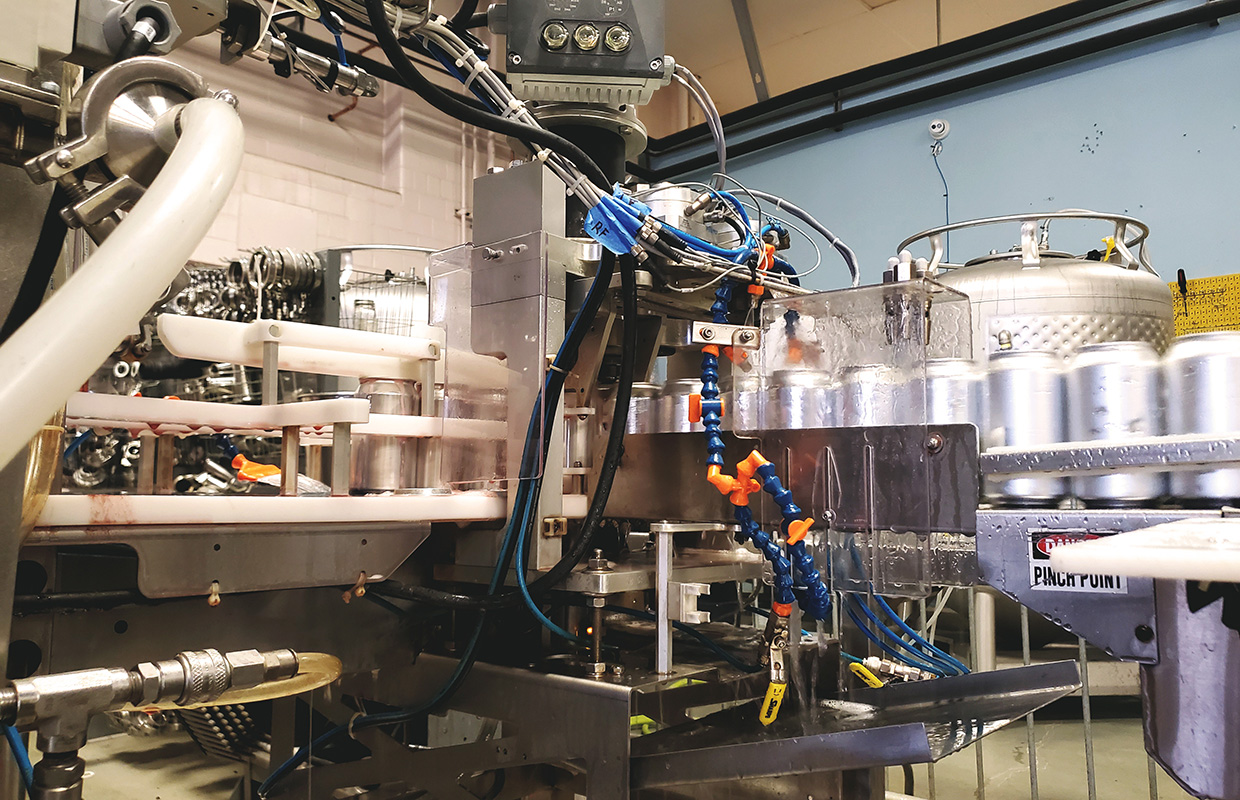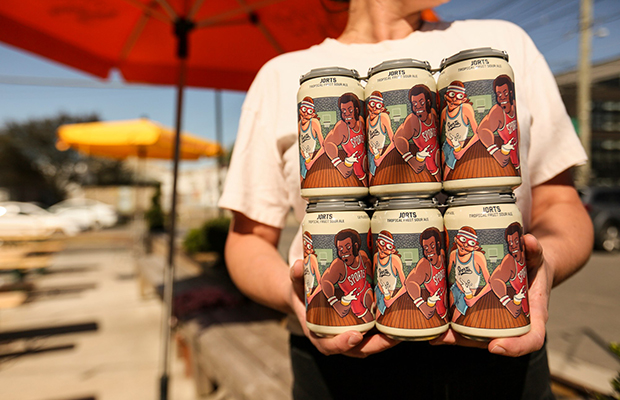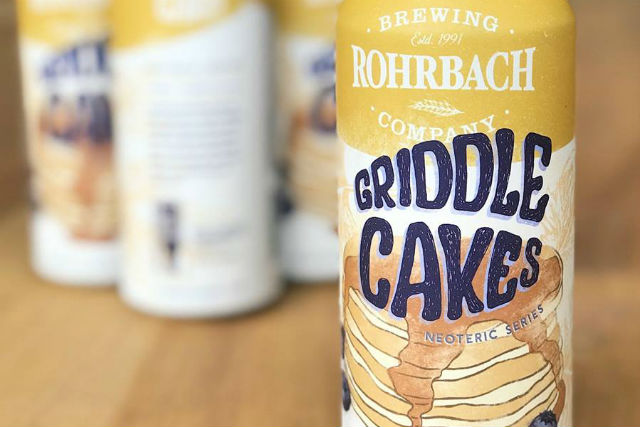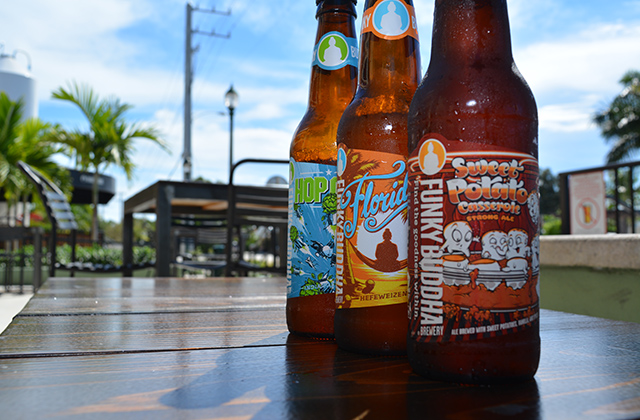
The Alementary chose to purchase its own canning line instead of sticking to using a mobile canning service for a variety of reasons.
An important aspect, said COO Blake Crawford, was it used excess days in the plant due to mobile canner scheduling and volume requirements.
“Excess days represent opportunity cost, which depending on your region can be significant,” he said. “This was because we were optimizing our time and labor efficiency for maximum total throughput.
“Mobile canning for us breaks down when there’s a problem and we need to reschedule a canning day. Having our own line makes it possible to adjust our own schedule without a third party involved.”
READ MORE: Tips to Cut Down on Spillage During a Canning Run
Single Hill Brewing’s Zach Turner said they originally didn’t plan to can its product and were selling it draft only. But during the pandemic, a change was made and for the first eight months of 2020, they used a mobile canner once a month along with trucking beer to another brewery across town to be canned on other weeks.
Single Hill eventually determined it was worth its time to invest in a canning system that could be operated by a small team and would fit into a small footprint, requiring only 238 square feet that could can 40 beers per minute with just two operators working it.
Millstream Brewing Company Head Brewer Chris Priebe said at the 2023 Craft Brewers Conference that can lines are the most complex equipment a brewery will have.
Owning an air compressor with a refrigerated dryer and bulk CO2 with a large enough vaporizer to handle continuous flows is compulsory for canning line owners and operators.
Not only are they complicated, but they break regularly, Priebe said.
“Someone needs to be prepared to fix it and be comfortable with tools, as well as have an understanding of basic automation, pneumatics, and test equipment,” he said.
READ MORE: The 3 Things To Look For Before a Canning Line Purchase
Idle Hands bought its first canning line in 2020 after opening in 2011.
“When I sit there and look at the amount of money that I’m spending on a mobile canner, it’s beyond what a loan payment is for a canning line,” Tkach said. “To us, it was a very simple business decision to bring that in-house.
“As soon as you start paying those bills, you’re like, ‘Wow, this is a lot of money that’s going out the door that I could be using for other things.’ So the way I look at it, that canning line that’s sitting there just gave us a little bit more breathing room in terms of being able to pay people’s salaries here.”






Be the first to comment